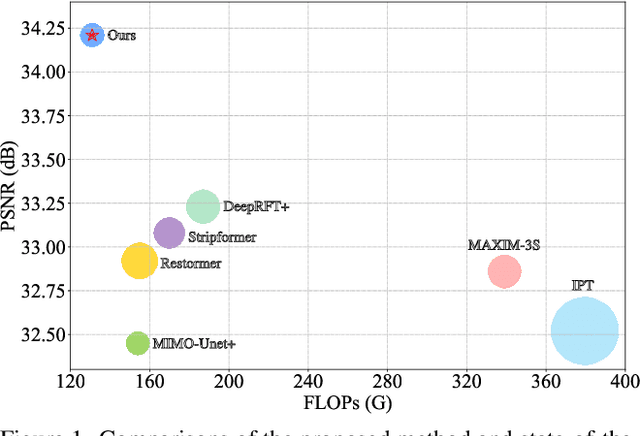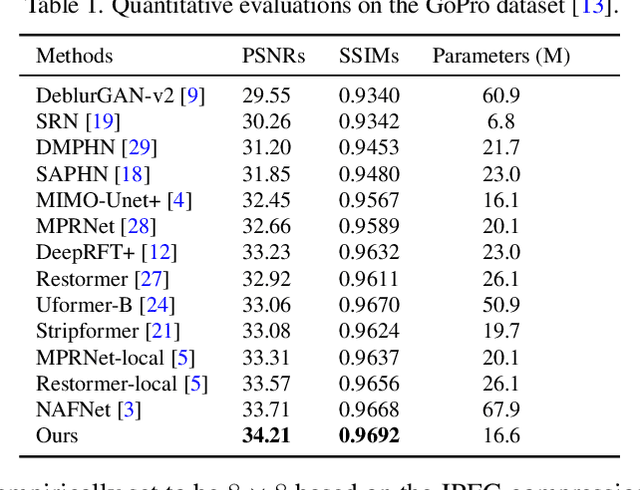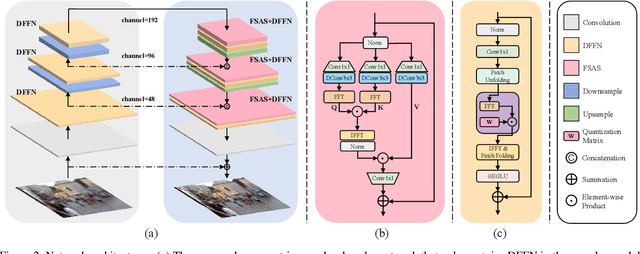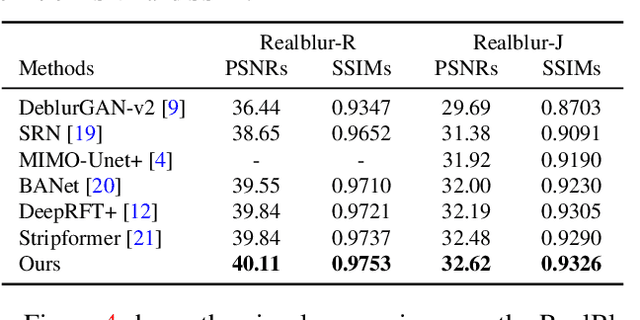Jianjun Ge
Efficient Core-selecting Incentive Mechanism for Data Sharing in Federated Learning
Sep 26, 2023



Abstract:Federated learning is a distributed machine learning system that uses participants' data to train an improved global model. In federated learning, participants cooperatively train a global model, and they will receive the global model and payments. Rational participants try to maximize their individual utility, and they will not input their high-quality data truthfully unless they are provided with satisfactory payments based on their data quality. Furthermore, federated learning benefits from the cooperative contributions of participants. Accordingly, how to establish an incentive mechanism that both incentivizes inputting data truthfully and promotes stable cooperation has become an important issue to consider. In this paper, we introduce a data sharing game model for federated learning and employ game-theoretic approaches to design a core-selecting incentive mechanism by utilizing a popular concept in cooperative games, the core. In federated learning, the core can be empty, resulting in the core-selecting mechanism becoming infeasible. To address this, our core-selecting mechanism employs a relaxation method and simultaneously minimizes the benefits of inputting false data for all participants. However, this mechanism is computationally expensive because it requires aggregating exponential models for all possible coalitions, which is infeasible in federated learning. To address this, we propose an efficient core-selecting mechanism based on sampling approximation that only aggregates models on sampled coalitions to approximate the exact result. Extensive experiments verify that the efficient core-selecting mechanism can incentivize inputting high-quality data and stable cooperation, while it reduces computational overhead compared to the core-selecting mechanism.
Efficient Frequency Domain-based Transformers for High-Quality Image Deblurring
Nov 22, 2022



Abstract:We present an effective and efficient method that explores the properties of Transformers in the frequency domain for high-quality image deblurring. Our method is motivated by the convolution theorem that the correlation or convolution of two signals in the spatial domain is equivalent to an element-wise product of them in the frequency domain. This inspires us to develop an efficient frequency domain-based self-attention solver (FSAS) to estimate the scaled dot-product attention by an element-wise product operation instead of the matrix multiplication in the spatial domain. In addition, we note that simply using the naive feed-forward network (FFN) in Transformers does not generate good deblurred results. To overcome this problem, we propose a simple yet effective discriminative frequency domain-based FFN (DFFN), where we introduce a gated mechanism in the FFN based on the Joint Photographic Experts Group (JPEG) compression algorithm to discriminatively determine which low- and high-frequency information of the features should be preserved for latent clear image restoration. We formulate the proposed FSAS and DFFN into an asymmetrical network based on an encoder and decoder architecture, where the FSAS is only used in the decoder module for better image deblurring. Experimental results show that the proposed method performs favorably against the state-of-the-art approaches. Code will be available at \url{https://github.com/kkkls/FFTformer}.
 Add to Chrome
Add to Chrome Add to Firefox
Add to Firefox Add to Edge
Add to Edge